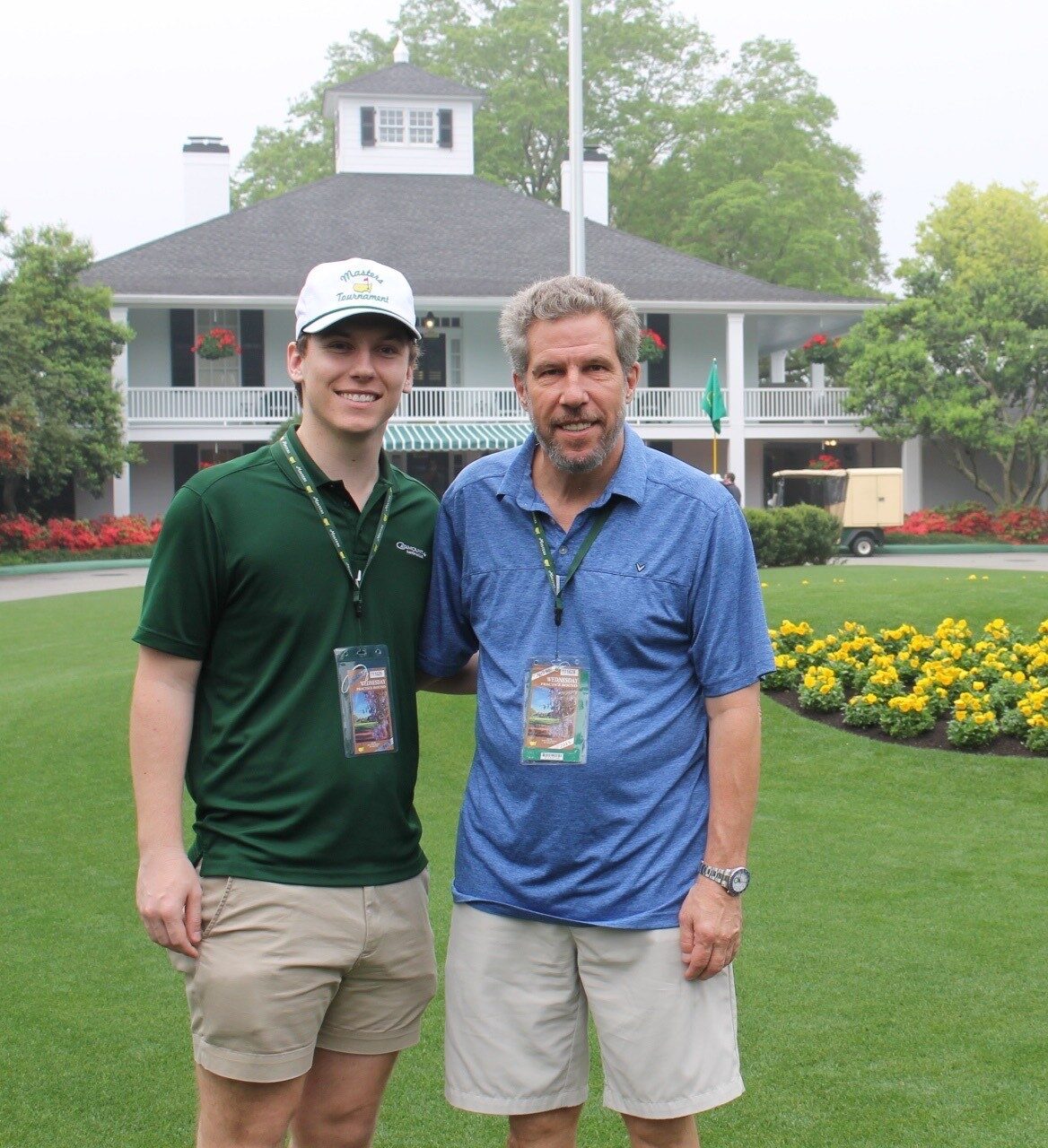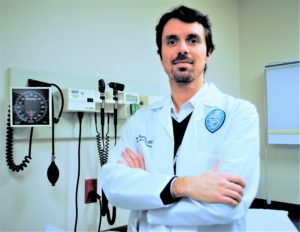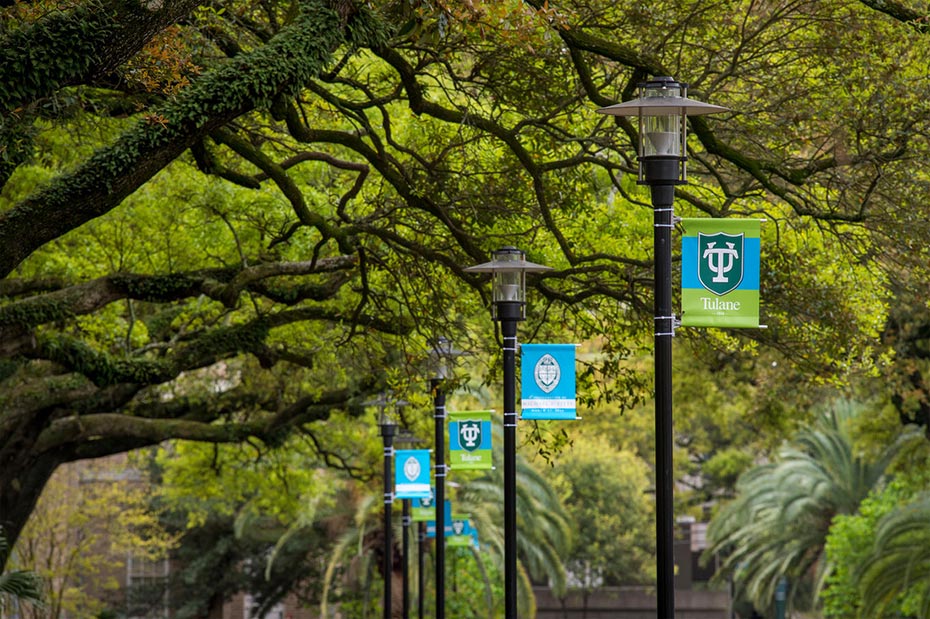
The Legacy
April 11, 2024
This is a guest post by Christopher Wood, Jr, son of the KCA’s late Board Chair and friend, Dr. Christopher…
Read More
In Louisiana, more people get kidney cancer and more people die of kidney cancer compared to the rest of the United States. But Dr. Pedro Barata and his colleagues at Tulane University School of Medicine in New Orleans are working to change that.
By strengthening outreach and education for both community-based oncologists and their patients and growing a rigorous clinical research program, Barata, an oncologist and Assistant Professor at Tulane for nearly two years, hopes the area will become a hotspot of kidney cancer research and patient support.

“When I got here the [kidney cancer] program was very limited, but we have a unique situation,” said Barata, who previously trained at MD Anderson Cancer Center in Houston, Texas and worked with the genitourinary group at the Cleveland Clinic Taussig Cancer Center alongside KCA Medical Steering Committee Member Dr. Brian Rini.
“With several small community centers, you find that kidney cancer patients are treated everywhere instead of going to a large, central academic center. Also, because we have a larger proportion of African Americans, we see more cases of non-clear cell renal cell carcinoma compared with other areas of the country.”
Clear cell renal cell carcinoma (RCC) is the most common type of kidney cancer, representing up to 75% of all diagnoses. Papillary RCC, chromophobe RCC, and renal medullary carcinoma (RCM) are examples of non-clear cell type kidney cancers, of which the latter is common among young African Americans since it is associated with sickle cell trait.
“So, what could I do to change things?” Barata said. “We are trying to have studies available for both clear cell and non-clear cell RCC, so patients have the option to be treated differently compared to standard of care. And we’re also trying to let the communities know that we have those studies available and that we can help manage those patients.”
“I’m optimistic. We continue to increase our good impact, though there’s still a lot to do.”
Access to more approved medications and new regimens like first-line combination therapies are important, Barata said, and he has opened three RCC clinical trials for enrollment in the past year and begun collaborating with bench scientists on RCC research that has the potential benefit patients in clinics.
Building community is also high on Barata’s priority list. Last year, he organized a day of kidney cancer talks, patient panels, and advocacy discussion groups.
“It’s another opportunity to raise awareness and let patients and physicians know we can be another resource to help [disease] management,” Barata said.
Several new patients began coming to Tulane after the kidney cancer day, but that highlights one of the barriers to treatment access for people with kidney cancer.
“More than 50% of clinic visits includes patients traveling from 2 or more hours away,” Barata said. “That’s good because we are overcoming the distance and [other] barriers. But for clinical trials we have to take that into consideration.”
To reach out to local oncologists, some of the specific steps Barata and his colleagues are taking include sending letters to care providers describing the clinical trials they are running, having smaller meetings and workshops with the doctors who are RCC patients’ first point-of-contact, and collaborating with local and national cancer and kidney cancer societies.
“We reach out to different targets and remind them we are building a program and what we have available in case there is any help for patients, because patients talk to each other,” he said.
Barata sees good prospects for Tulane’s kidney cancer program to grow and benefit people impacted by kidney cancer. Tulane’s Department of Urology’s Chair, Dr. Raju Thomas, is the President-elect of the American Urological Association. Outreach about clinical trials and disease management to community-based oncologists and their patients remains consistent. And he’s hoping to make a kidney cancer day an annual event.
“It’s a chance to do research for those patients and help them as much as we can,” Barata said. “I’m optimistic. We continue to increase our good impact, though there’s still a lot to do.”